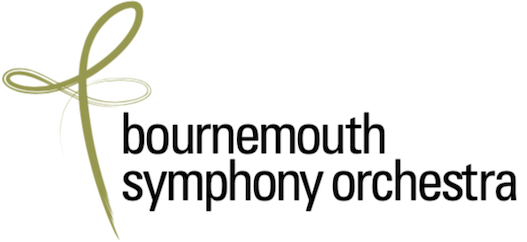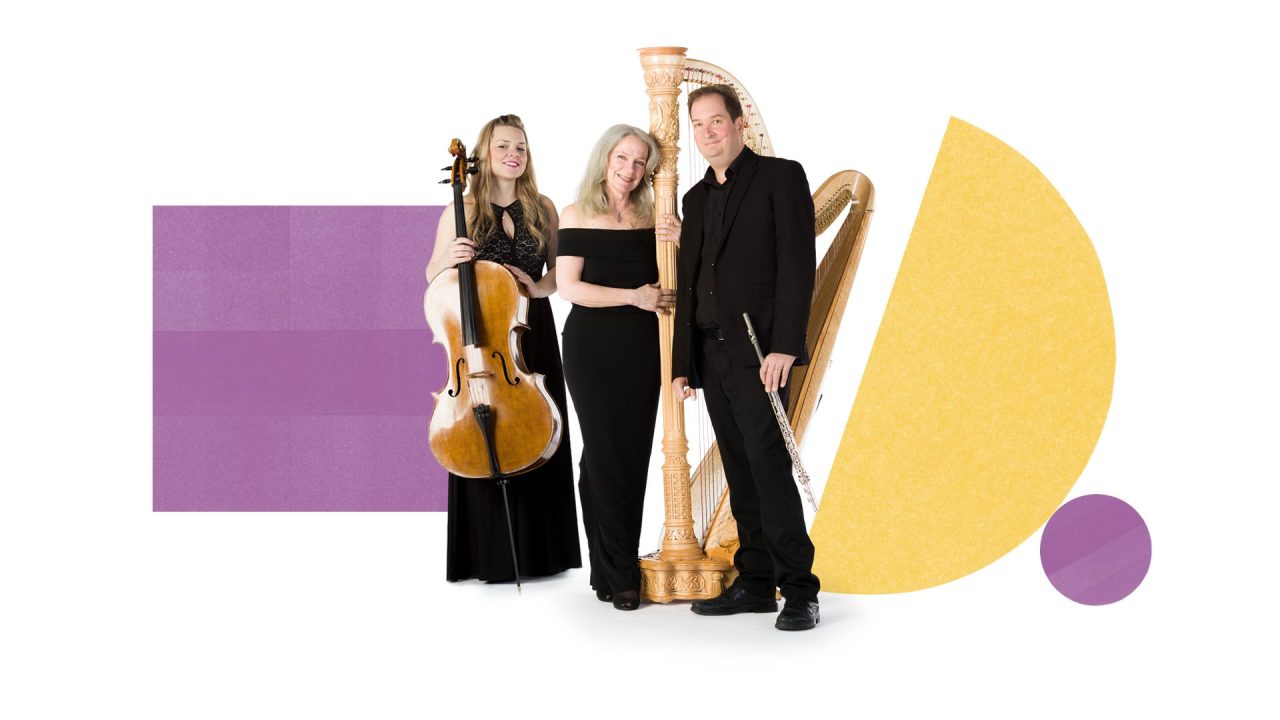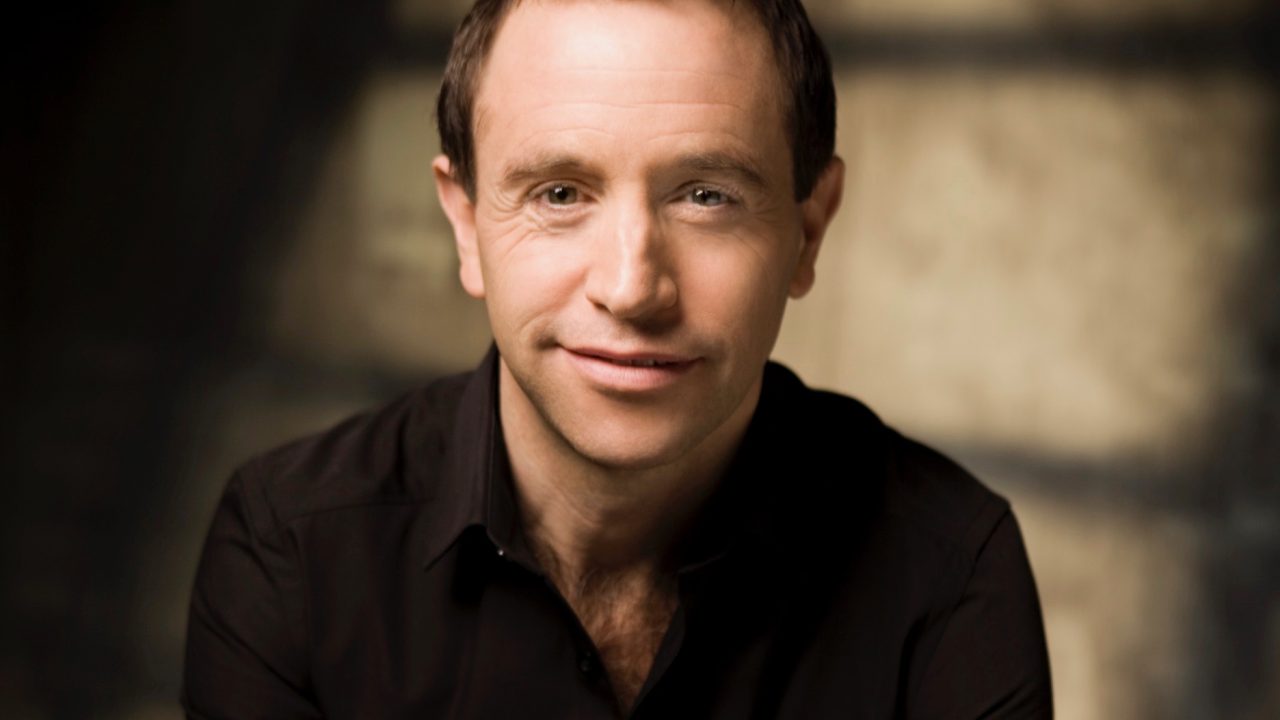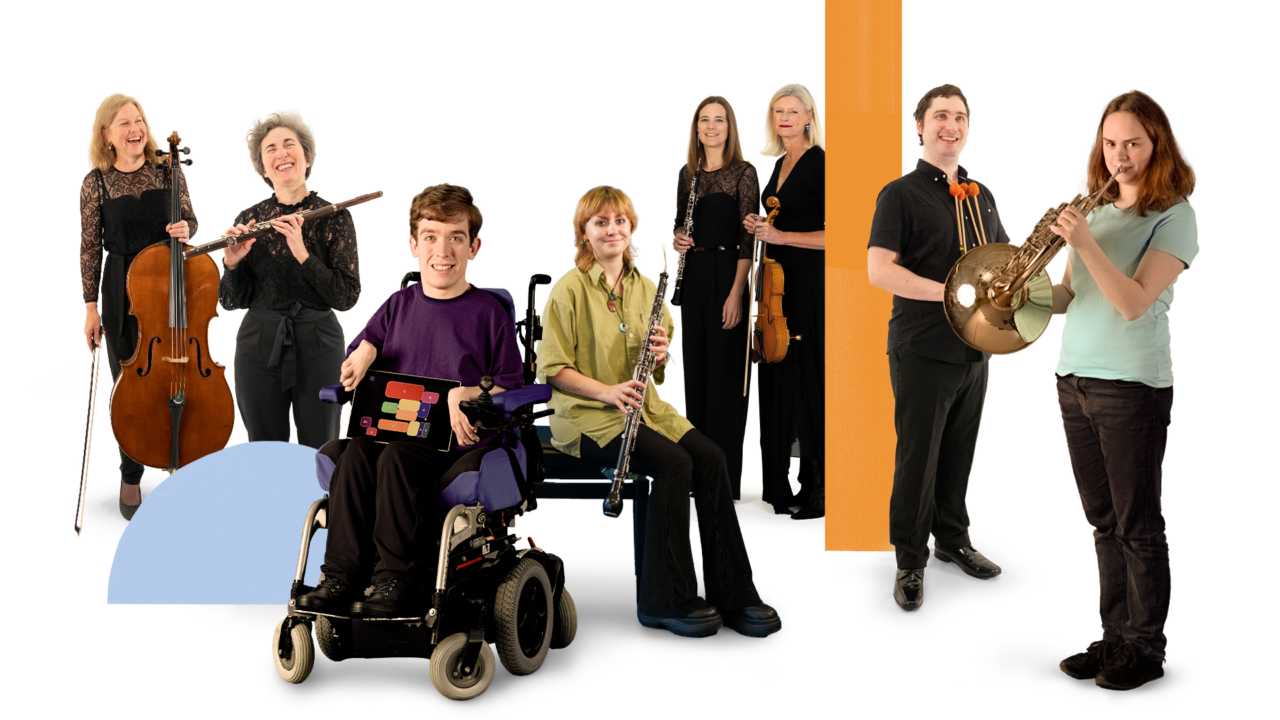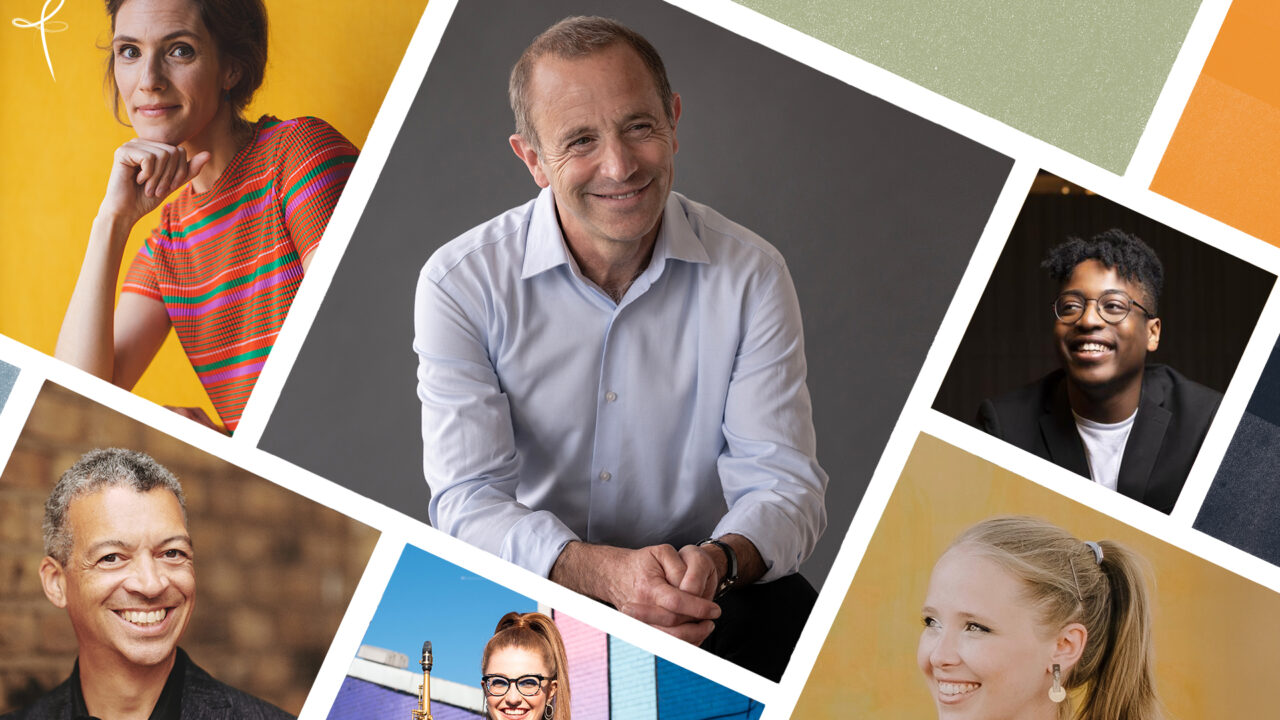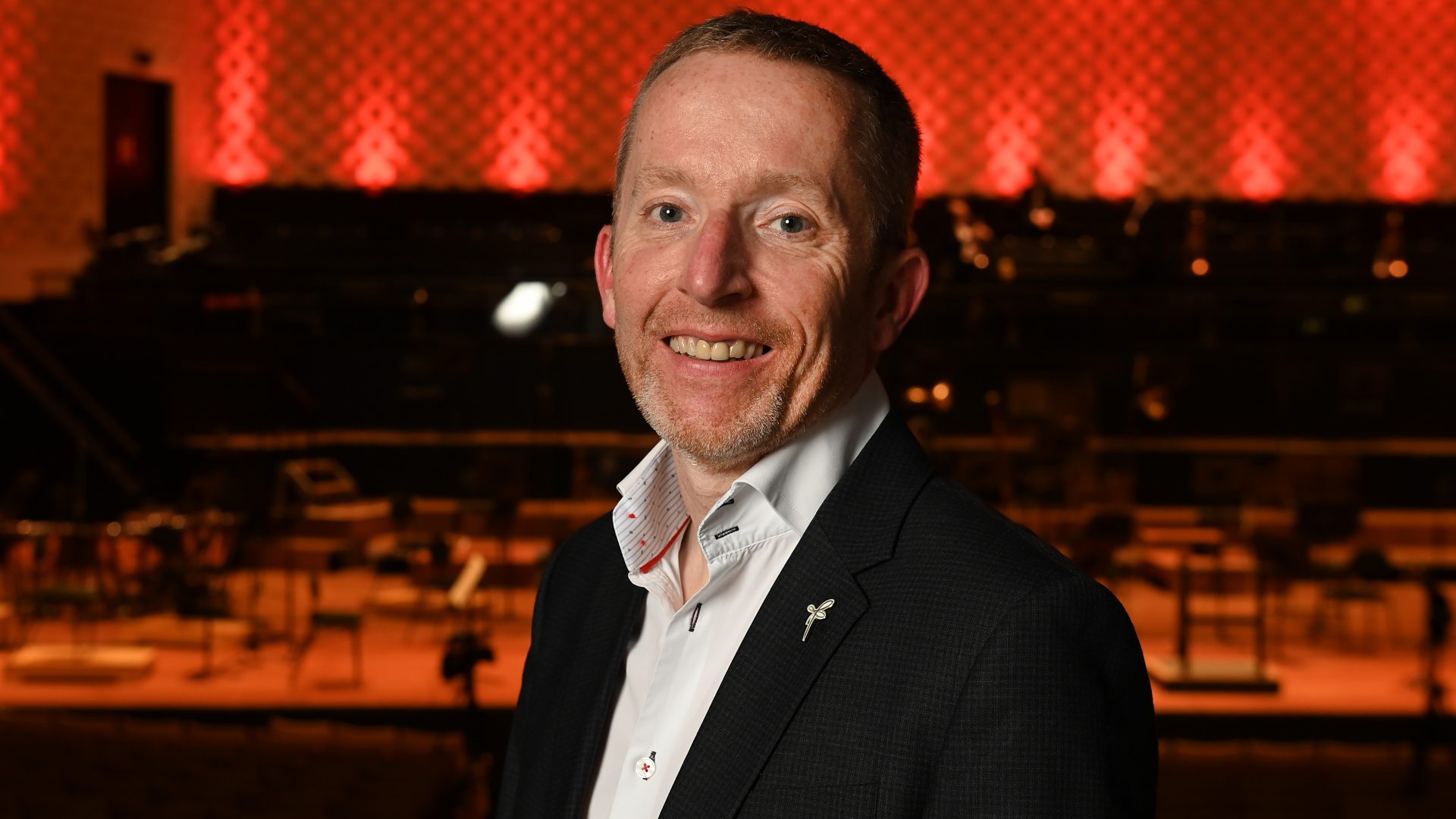From our very first discussions with AMI in 2018, we recognised immediately an organisation as firmly committed to championing equality, diversity and inclusion as we are. This was clearly not just a tick in the box of corporate social responsibility, but rather a deeply held conviction and opportunity for AMI in partnership with the BSO to play a role in championing those who are underrepresented in music and music-making more generally.
By 2019, AMI had signed up as a sponsor of BSO Resound, the world’s first disabled-led ensemble forming part of a professional symphony orchestra. It was the beginning of an incredible journey for the ensemble and the delivery of a considerable body of work including: a new commission, ‘Emanation’, with trailblazing composer Shirley J. Thompson, a spell-binding tour of chamber works and educational workshops for children and young people across the South West, and host of new artistic collaborations adventurously delivered online during the height of the pandemic.
Covid-19 has left few sectors of society unscathed. When the world locked down and concert halls closed, the continued support of AMI, and our other stalwart supporters, meant that we had the means and confidence to find new ways to take our art and music to people. During that challenging time, the BSO’s livestreamed concert performances and educational content for schools brought much needed comfort and motivation directly into people’s homes.
I am proud of how the BSO was able to respond to the challenges thrown at us by lockdown and social distancing. As we emerge from the (hopefully) last wave of the pandemic, there is much to be grateful for. However, I fear that the longer-term impacts of Covid-19 on the music industry will continue to affect the sector for years to come, exacerbating social inequalities already very much in existence pre-pandemic.
People from working class backgrounds(*), people who identify as disabled, and people from ethnically diverse backgrounds(**) are heavily underrepresented in the arts and creative industries. The barriers to a career in the arts have been compounded by the pandemic. There are so many inspirational people that characterise and define all that is great about our diverse nation. We must create opportunities for individuals from underrepresented backgrounds to gain a foothold in the arts. Britain is bursting with talent and potential and we need to ensure that everyone from every background is provided the opportunity to join this fantastic sector.
This is the moment for all of us who love, make, or work in music to collaborate and to bring about much needed change in the industry. Thanks to AMI’s support this year, and a community of philanthropic supporters, the BSO has been able to design and launch a brand new talent development scheme called BSO Young Associates. Over the course of nine months, two young people from diverse backgrounds will benefit from expert mentorship and skills development through live industry placement experience. To ensure the opportunity is fully inclusive, it comes with a bursary enabling the Young Associates to train and work with the BSO at no personal cost. Our aim is to kick start their careers as community music leaders, leading workshops in schools, care homes and other settings. It’s a fantastically rewarding area of work and we hope to recruit more Young Associates in the future.
The progress of the BSO Young Associates programme is just one of the exciting areas of work we hope to share with you during the course of what is set to be another exciting year in partnership with AMI. From inspirational new collaborations for BSO Resound, to a triptych of new works written by women, and inspirational performances by world-renowned Horn player Felix Klieser, we will be shining a light on a diversity of talent where the only things that matter are personal mastery, dedication and, of course, talent itself!
Dougie Scarfe
Chief Executive, Bournemouth Symphony Orchestra
